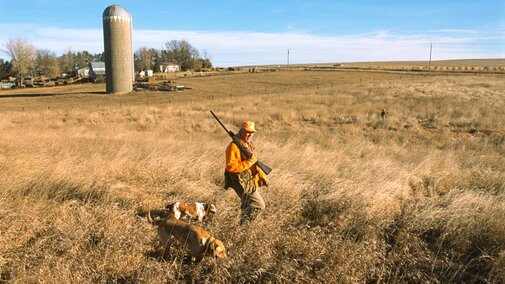The following question and answer on the status of hunting rights on leased cropland and pasture is one of several in this week's Cornhusker Economics: Ag Lease Termination and Hunting Rights.

A written cropland or pasture lease can specify who has hunting rights. If the written lease does not reserve hunting rights to the landlord directly or indirectly, the hunting rights would go to the tenant for the duration of the lease. This surprises most folks who wrongly believe that the landlord automatically retains many property rights that in fact go to the tenant during the period of the lease term (unless the lease specifies otherwise). A lease written by an attorney would normally address hunting rights (typically reserving them to the landlord), but a lease written by a non-attorney might overlook that issue. I would advise tenants who want to keep their leases to discuss hunting rights with the landlord if those rights are not clear and to not take any action that could cost the tenant the lease when it is up for renewal.
If the cropland lease is unwritten, the tenant would have the hunting rights unless the parties have a different agreement. This is under the general notion that in the absence of explicit limitations (as would be included in a well-written lease), the tenant has full rights to use the land to the exclusion of all others, including the landlord, during the term of the lease.
For a May 1-October 1 pasture lease, the same rule would likely apply but only during the May 1-October 1 period. That is, the tenant might have the hunting rights from May 1 to October 1, but not outside that period without the express permission of the landlord. This may seem like a peculiar result but is how I think Nebraska courts would rule on the issue in the absence of a written lease.

